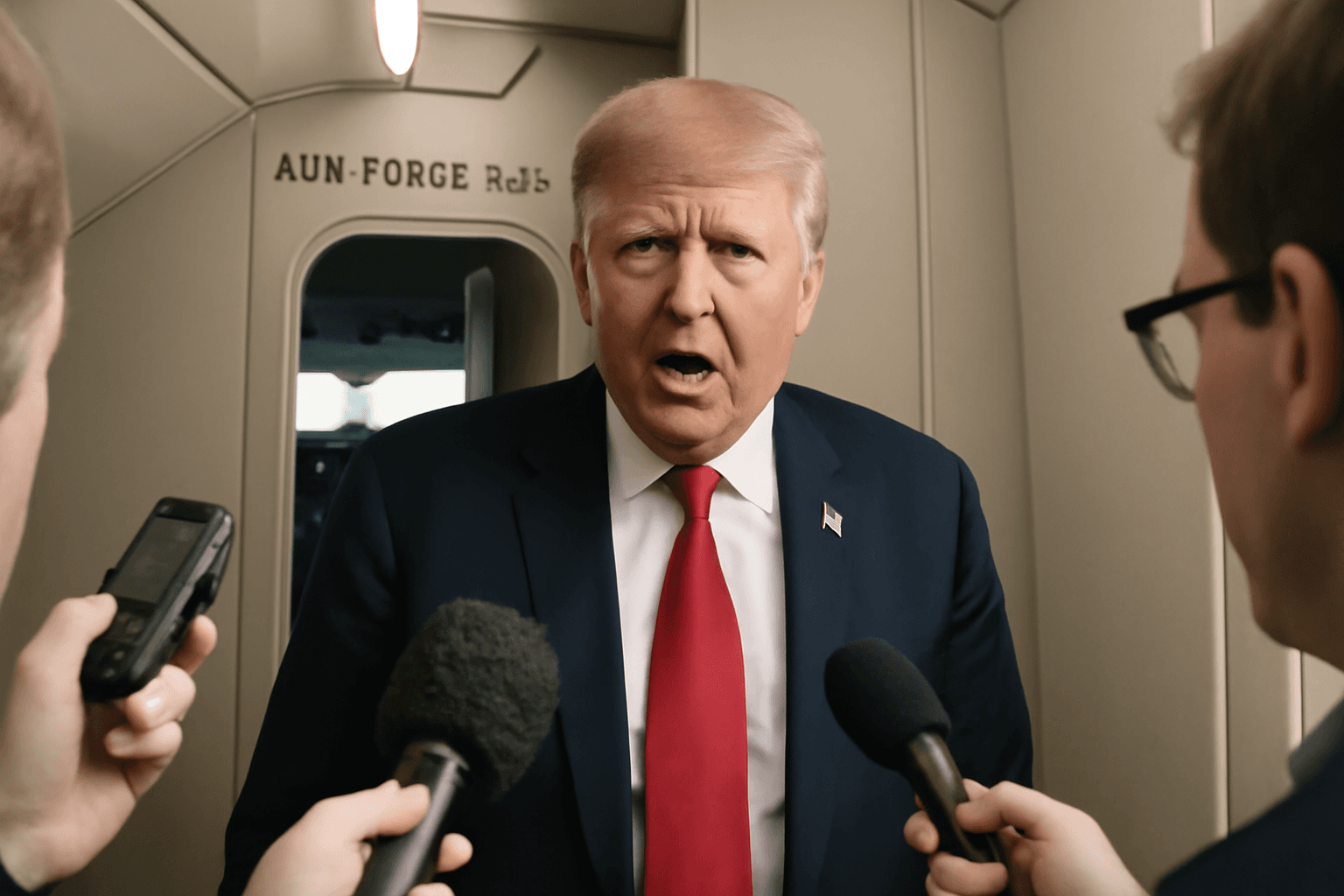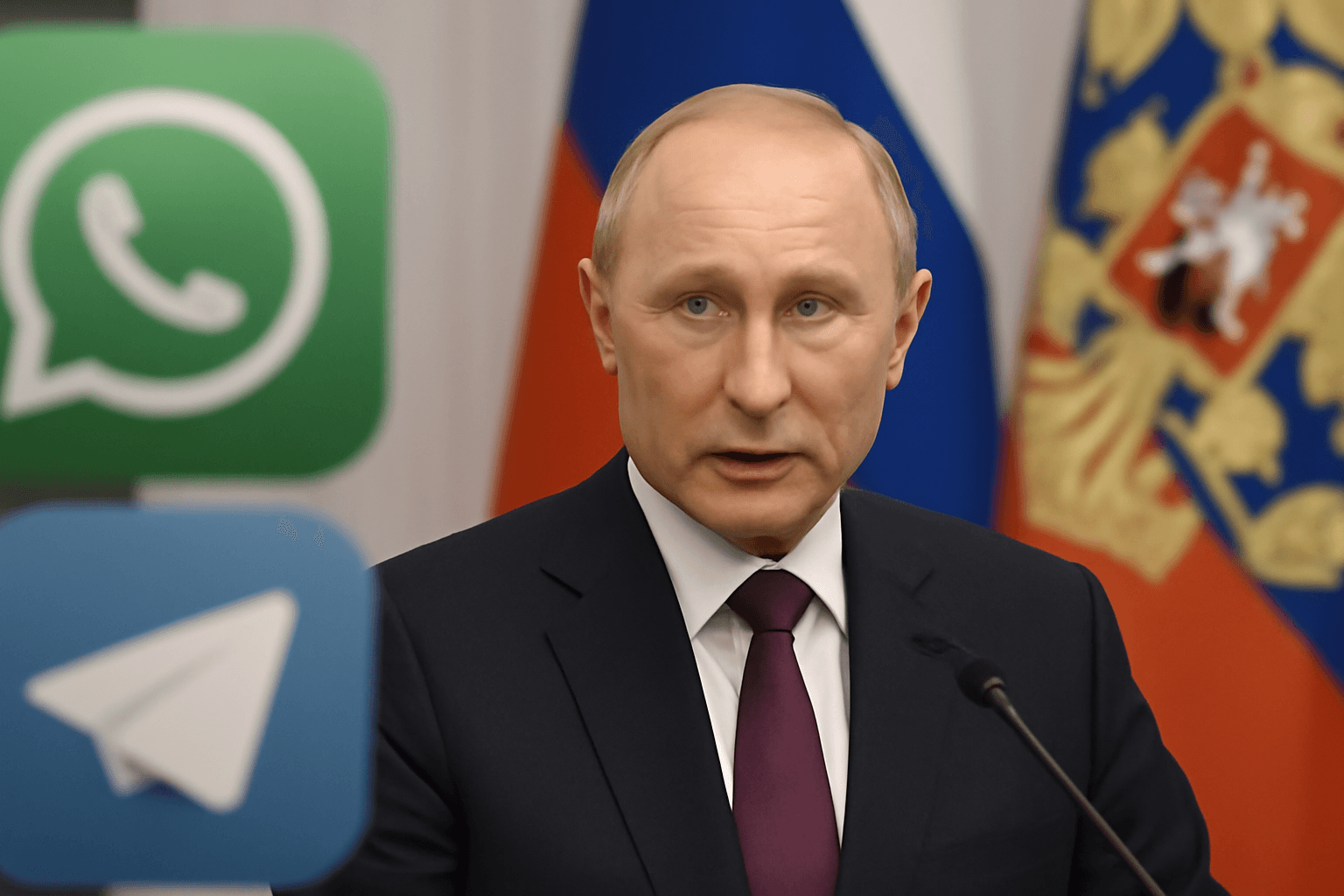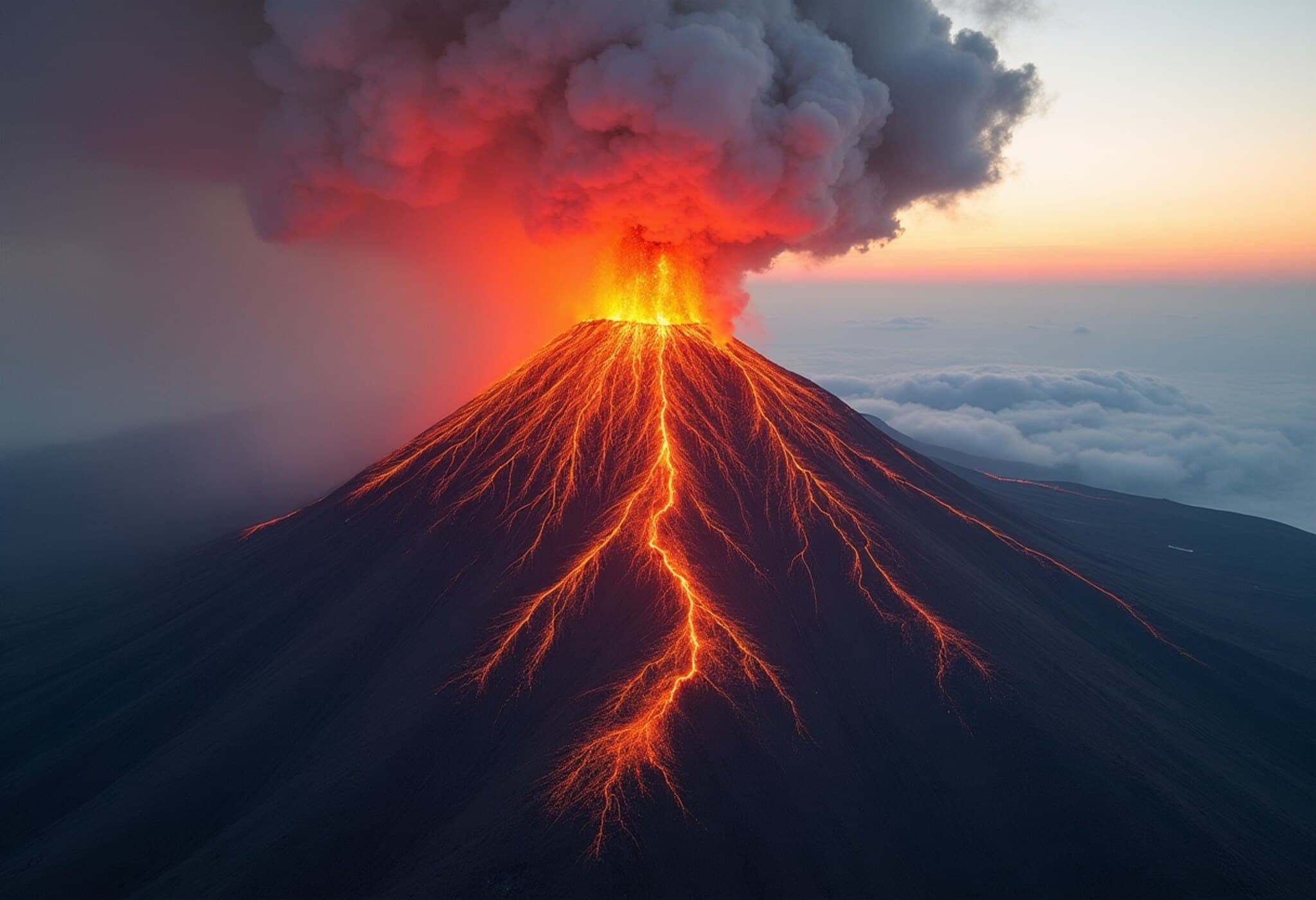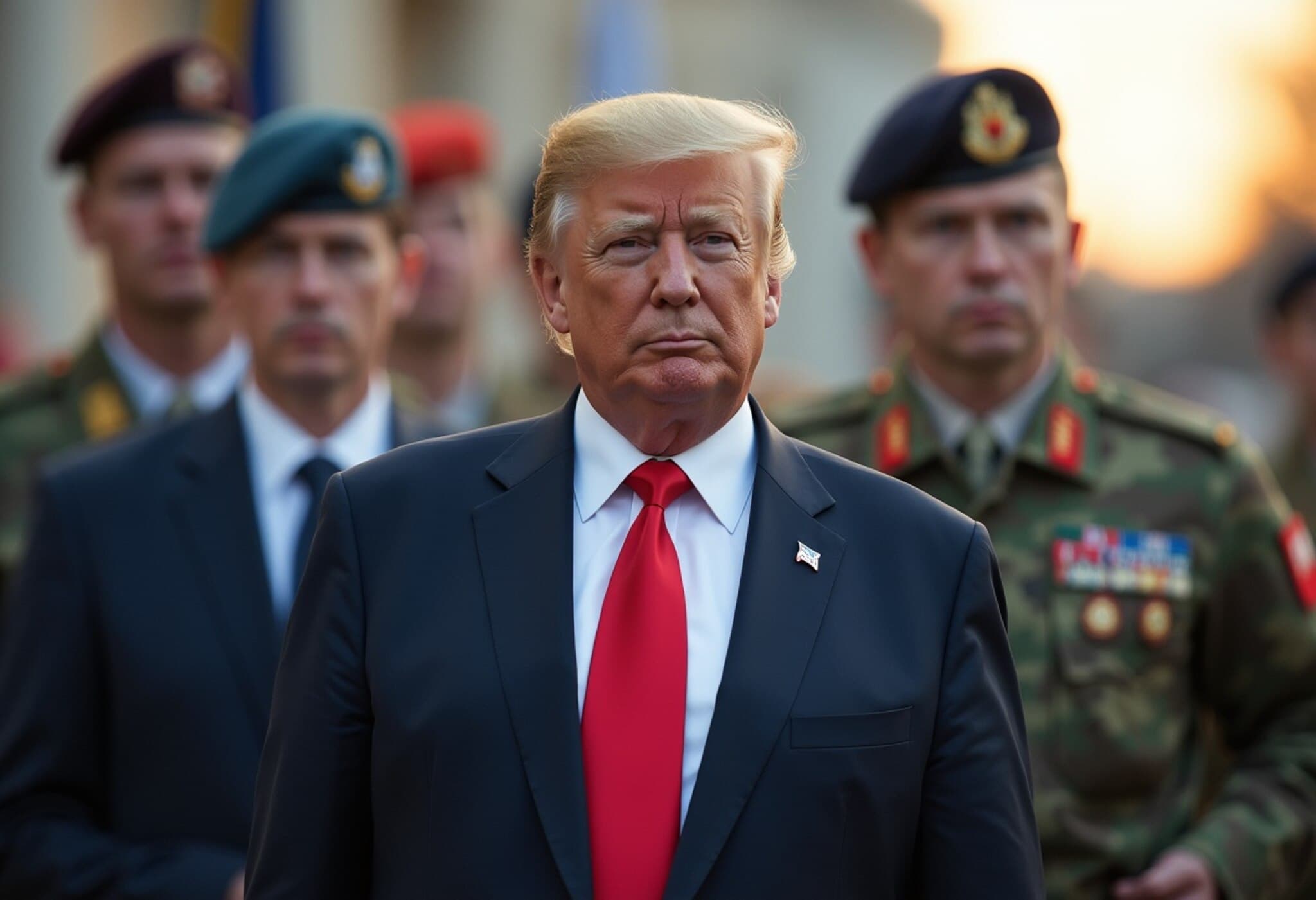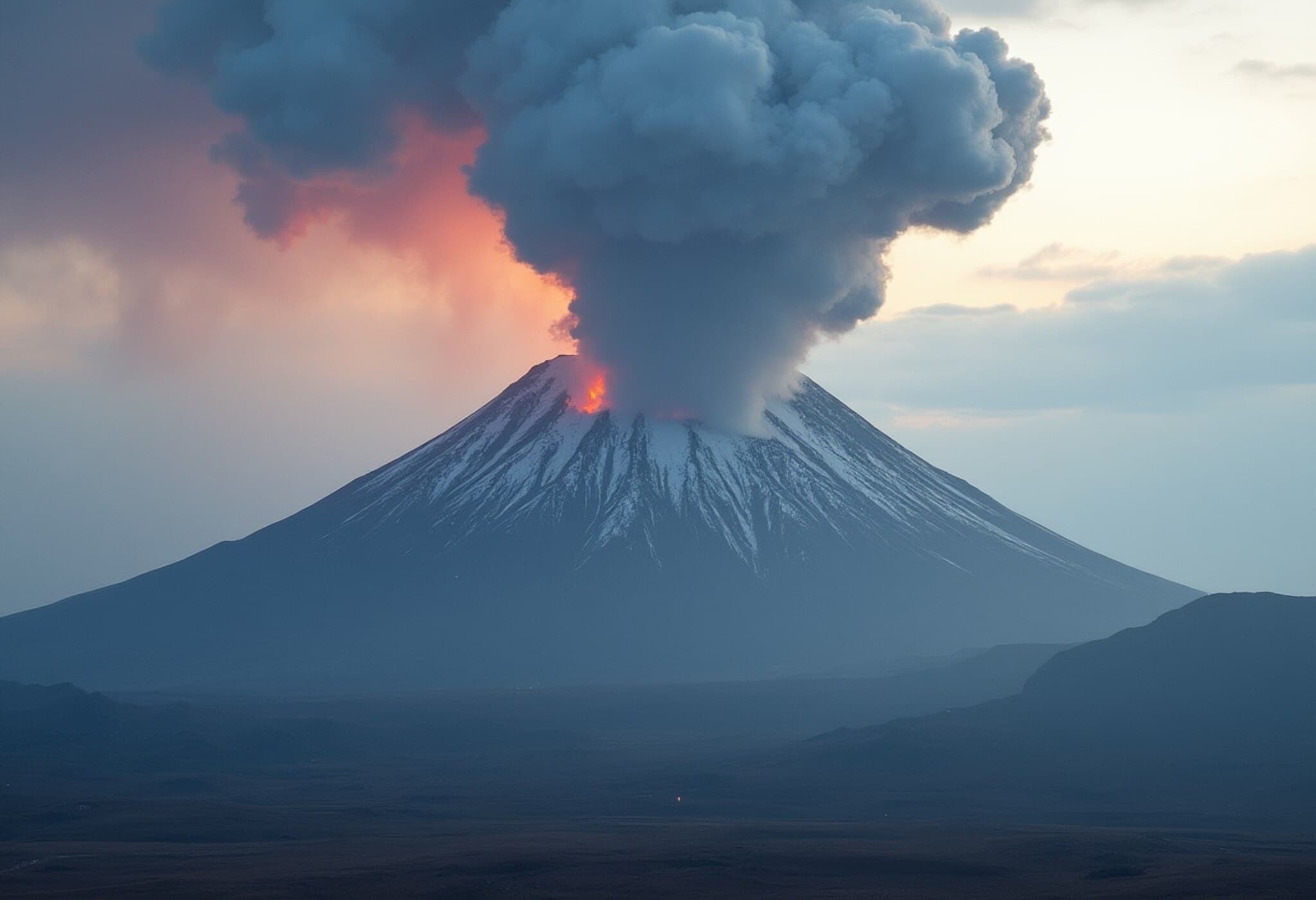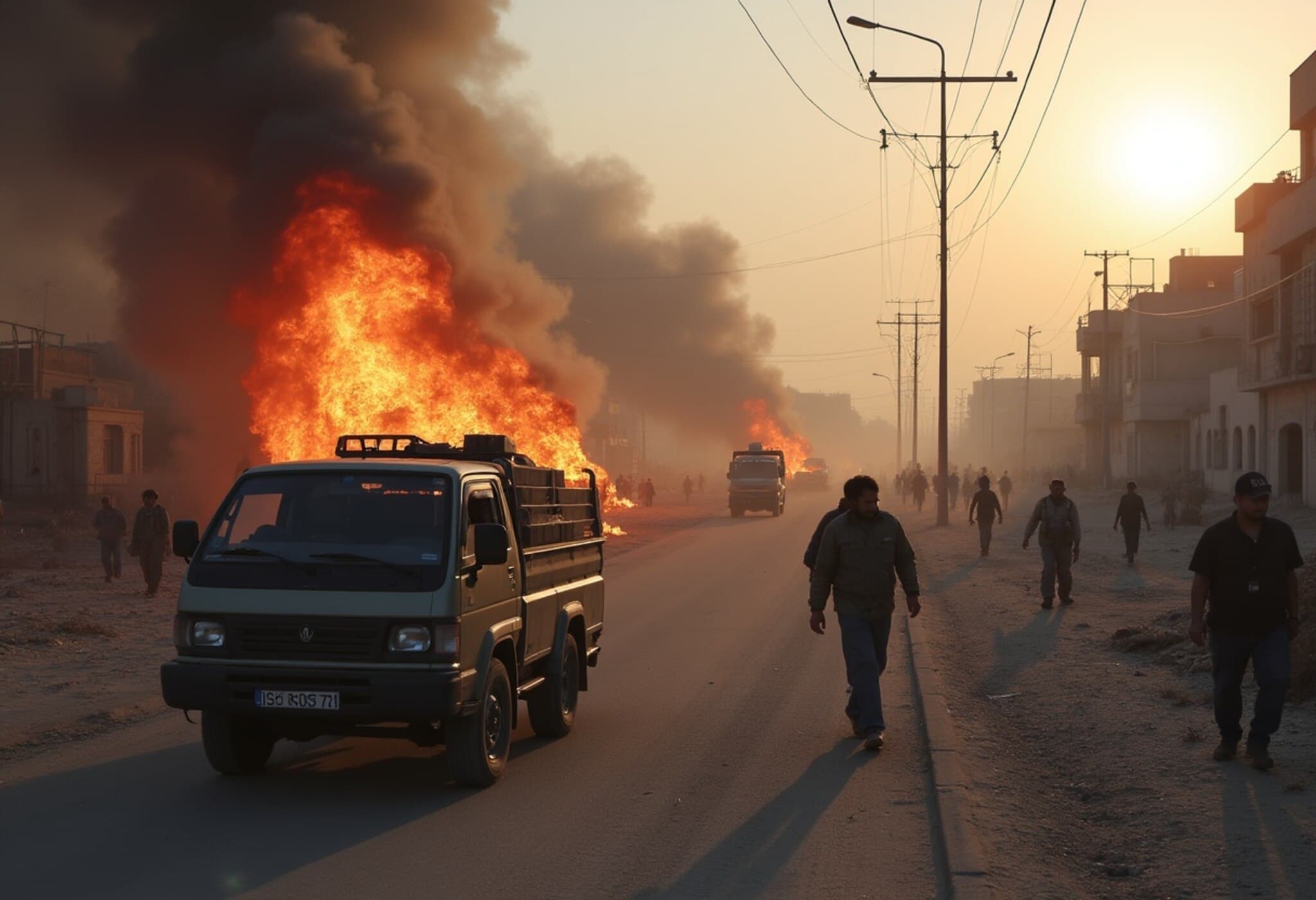WhatsApp Accuses Moscow of Disrupting Secure Communications
In a move raising fresh concerns over digital freedoms, WhatsApp has accused Russian authorities of attempting to block secure communications for more than 100 million Russian users. The messaging app, owned by Meta Platforms, faces call restrictions imposed by Moscow, which justify the action by citing the platforms' alleged failure to cooperate with law enforcement investigations involving fraud and terrorism.
The Battle for Russia’s Internet Sphere
Since Russia's February 2022 invasion of Ukraine, tensions between Moscow and foreign technology companies have sharply escalated. The Kremlin has systematically tightened its grip on digital platforms, blocking Meta's Facebook and Instagram, throttling YouTube speeds, and levying hundreds of fines on companies resisting compliance with stringent Russian regulations over content and data storage. This appears to be part of a broader campaign aiming to foster the dominance of state-aligned social media alternatives.
WhatsApp’s Response: Defending Privacy in the Crosshairs
WhatsApp firmly stated, “WhatsApp is private, end-to-end encrypted, and defies government attempts to violate people’s right to secure communication.” The company underscored its commitment to maintain secure, encrypted messaging channels universally, including within Russia where millions rely on their services daily.
Telegram’s Role and Continued Vigilance
Meanwhile, Telegram, another popular messaging app with significant Russian user penetration, is leveraging artificial intelligence tools to police its platforms, proactively removing millions of harmful or malicious messages daily. Telegram emphasized its active stance against misuse involving calls for violence, fraud, or sabotage, signaling a balancing act between privacy and content moderation.
Russian Market: User Statistics and Political Dynamics
- WhatsApp reached 97.3 million monthly users in Russia as of July 2025.
- Telegram counted 90.8 million monthly users.
- VK Messenger, from the state-affiliated VK company, stood at 17.9 million users.
With Russia's population exceeding 140 million, the data reveals that a vast majority still depending on foreign-owned platforms, signaling potential friction with Kremlin policies.
State-led Alternatives and Increasing Surveillance Concerns
The Kremlin is actively promoting MAX, a newly launched state-controlled messaging application designed to integrate closely with government services. Critics worry MAX may enable unprecedented tracking of users’ activities. Senior lawmakers, including Anton Gorelkin, a key IT regulator in the Russian parliament, have publicly shifted to MAX, encouraging followers to join in what some see as a push towards a controlled national digital ecosystem.
The Slow Erosion of Open Access
The targeting of WhatsApp calls is part of a wider pattern. Authorities have previously degraded service quality for platforms like YouTube by slowing download speeds, making access more cumbersome. Human Rights Watch recently highlighted Russia’s meticulous expansion of legal and technological controls, intending to create an isolated national internet 'splinternet.'
New Legal Clampdowns on Digital Privacy
Russian lawmakers have recently enacted laws tightening censorship and threatening severe penalties for individuals consuming online content deemed extremist—including searches conducted through VPNs, which millions use to evade restrictions.
Contextual Insight: Why This Matters
For policymakers and digital rights advocates, Russia’s clampdown illustrates a broader global struggle over internet sovereignty, privacy, and state surveillance. The assault on end-to-end encrypted communications undermines not only citizens’ privacy rights but fuels concerns about authoritarian control over information flow in the digital age.
From an economic perspective, these moves may ultimately isolate Russian users from global digital markets and disrupt ecosystem innovation, reinforcing internal platforms that lack international competition yet raise grave questions about user freedoms.
Looking Ahead: Critical Questions
- Can encrypted messaging survive under growing authoritarian censorship?
- What are the implications for international tech companies operating in increasingly closed markets?
- How will Russian citizens adapt to a fragmented internet where government oversight is pervasive?
Editor's Note
Russia’s intensified digital clampdown underscores a pivotal clash between state control and individual privacy that is shaping the future of the internet worldwide. As Moscow’s actions threaten secure communication channels, the global community must grapple with balancing national security concerns against digital rights. This evolving scenario calls for vigilant monitoring and open dialogue about safeguarding privacy in an age where encrypted, uncensored communication is a cornerstone of free expression and democracy.







